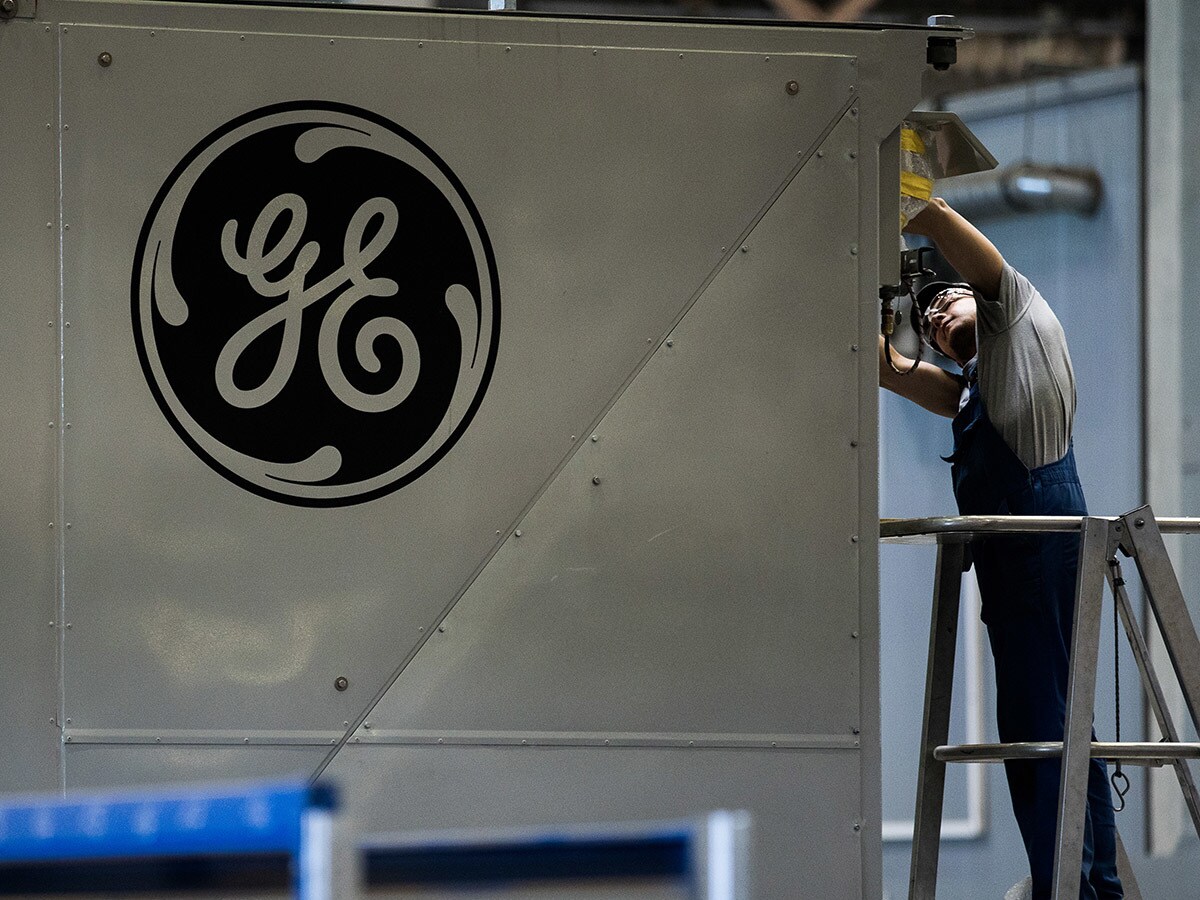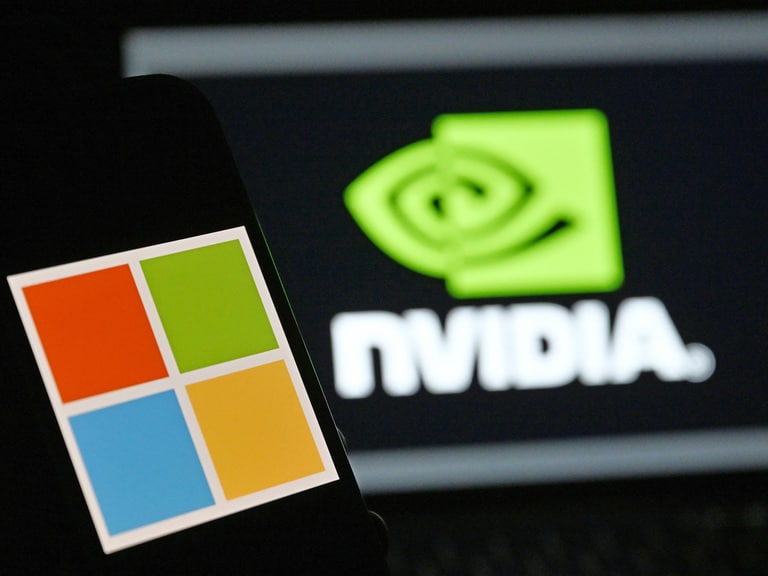Utilities giant General Electric [GE] saw a share price spark after announcing it would be selling off its lighting division, but will that momentum last?
GE, like many others, has not been immune to the ravages of the coronavirus pandemic. The company’s share price collapsed 53% from its February peak to late march, only to slide another 10% to a low of $5.49 in mid-May.
Then last week — almost 150 years since Thomas Edison founded what would become General Electric after what was quite literally the world’s first lightbulb moment — the company announced the sale of its lighting division to smart home company Savant Systems. On the day of the announcement, GE’s share price surged 7.2% to close at $7.29. It has since climbed to close at $7.61 on 10 June.
GE’s share price investors will have clung to every one word in CEO Larry Culp’s recent statement: “Today’s transaction is another important step in the transformation of GE into a more focused industrial company.”
How was GE performing?
GE Lighting was one of the original building blocks for what would become the GE empire.
However, encumbered with debt and poor-performance the lighting division has been a contributing factor to the downward trend that GE has been riding in recent years. While GE hasn’t disclosed details yet, the deal was valued at $250m according to The Wall Street Journal.
In April, GE announced weaker than expected Q1 earnings results, for which it blamed the coronavirus pandemic. Earnings lagged estimates by 16.7% and revenues missed the same by 0.4%.
For the quarter, earnings were adjusted to $0.05 per share, lagging the Zacks Consensus Estimate of $0.06. On top of this, the bottom line declined by 61.5% from the year-ago quarter figure of $0.13.
The company warned that Q2 won’t be much better, stating that “the second quarter will be the first full quarter with pressure from COVID-19, and GE expects that its financial results will decline sequentially.”
| Market Cap | $66.565bn |
| Operating Margin (TTM) | 6.01% |
| EPS (TTM) | -0.32 |
| Quarterly Revenue Growth (YoY) | -7.60% |
General Electric share price vitals, Yahoo Finance, 11 June 2020
Cash flow issues
Although GE Lighting had balance sheet issues, its products are synonymous with GE’s founder and brand. As the company also offloaded its appliances division in 2016, this move marks a final step of severing ties with household consumers and could risk lowering its profile amongst customers.
On 27th May, when GE announced the sale, its share price opened at $7.25 — 6.3% higher than the previous close of $6.82. This initial surge might have been a positive sign for investors but it wasn’t the only factor in play.
As Culp spoke at the Bernstein Strategic Decisions Conference on the 28th May, he gave Q2 guidance on free cash flow, suggesting that cash burn could be double what it was in Q1, according to MarketWatch.
“We, at this point, think in the second quarter, we’re going to see our free cash flow number come in at a negative level, probably in the $3.5–$4.5bn band. As best we can tell today,” Culp explained.
“We think that gets better in the second half of the year, but I think 2020 is likely to be a negative free cash flow year for GE, as we take those cost and cash actions, and prepare for a recovery given what we see today, for 2021 to be positive.”
GE’s share price dropped to close at $6.78 that day, slumping 6.99% from the previous session.
“We think that gets better in the second half of the year, but I think 2020 is likely to be a negative free cash flow year for GE, as we take those cost and cash actions, and prepare for a recovery given what we see today, for 2021 to be positive” - CEO Larry Culp
Is there light at the end of the tunnel?
“Culp is the right person to manage a turnaround, and at current prices, GE shares are as affordable as they have been in decades,” Lou Whiteman writes in the Motley Fool.
However, he warns that ”before investors buy in, they should be warned the turnaround is likely to take years at best,” suggesting that currently its difficult to envision what might bring about a reversal in GE’s share price.
Undeterred, UBS analyst Markus Mittermaier reiterated a buy rating with a target of $7.50. He believes share price investors may be reassured by Culp’s comments regarding the company’s plans for turnaround, even in the face of difficulties brought on by COVID-19, according to MarketWatch.
“Culp is the right person to manage a turnaround, and at current prices, GE shares are as affordable as they have been in decades” - Lou Whiteman
Mittermaier’s rating is in line with the consensus of 21 analysts polled by CNN Business, of which a 12 gave the share price a buy rating compared to one analyst who gave an outperform and the remaining eight a hold.
The median 12-month share price target among 16 analysts on CNN Business is $8.00, representing a 5.1% increase on current levels, while a high estimate of $15 would represent a 97% uptick.
Disclaimer Past performance is not a reliable indicator of future results.
CMC Markets is an execution-only service provider. The material (whether or not it states any opinions) is for general information purposes only, and does not take into account your personal circumstances or objectives. Nothing in this material is (or should be considered to be) financial, investment or other advice on which reliance should be placed. No opinion given in the material constitutes a recommendation by CMC Markets or the author that any particular investment, security, transaction or investment strategy is suitable for any specific person.
The material has not been prepared in accordance with legal requirements designed to promote the independence of investment research. Although we are not specifically prevented from dealing before providing this material, we do not seek to take advantage of the material prior to its dissemination.
CMC Markets does not endorse or offer opinion on the trading strategies used by the author. Their trading strategies do not guarantee any return and CMC Markets shall not be held responsible for any loss that you may incur, either directly or indirectly, arising from any investment based on any information contained herein.
*Tax treatment depends on individual circumstances and can change or may differ in a jurisdiction other than the UK.
Continue reading for FREE
- Includes free newsletter updates, unsubscribe anytime. Privacy policy





